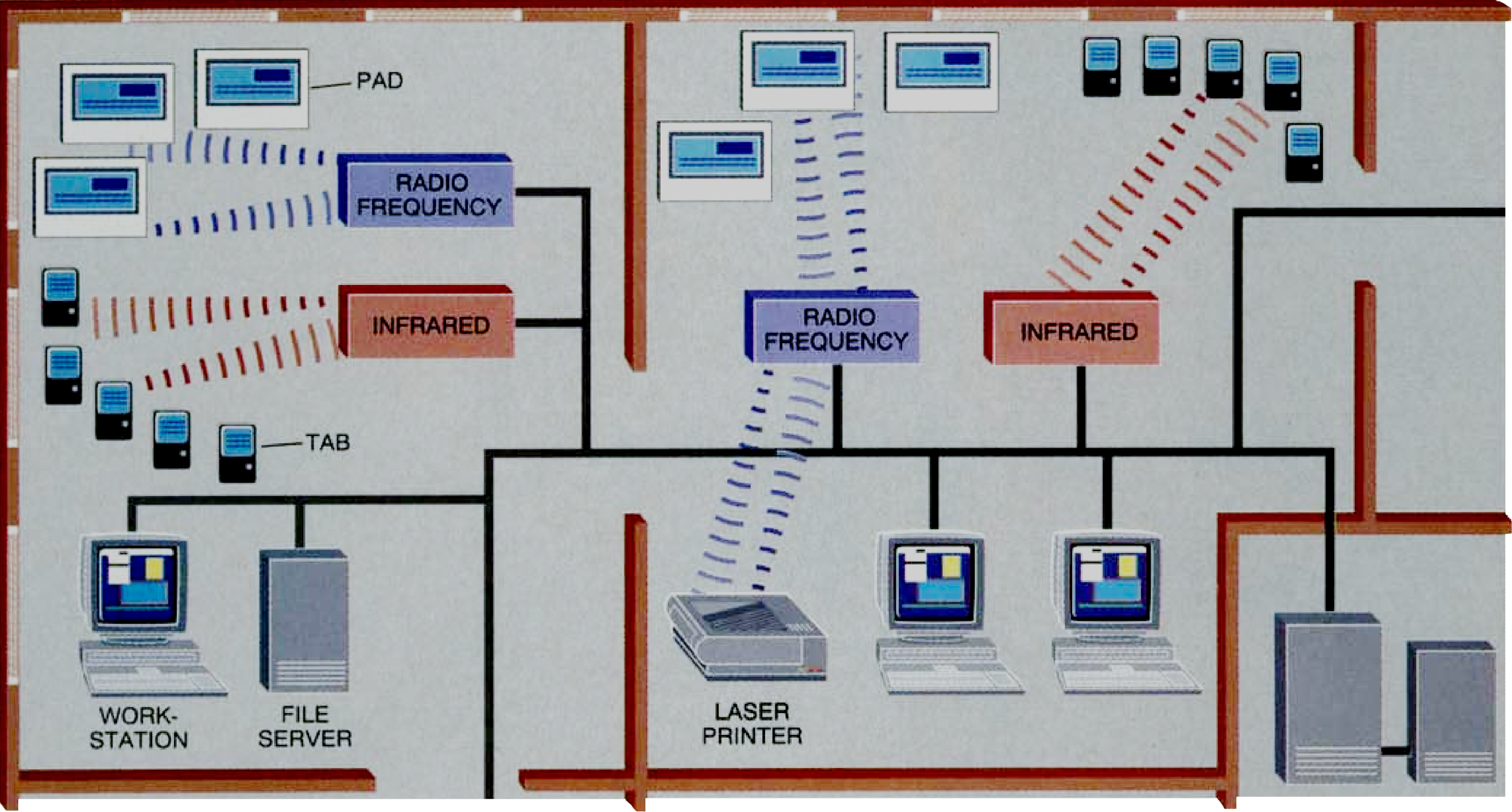Big Data @ Home
Andrea Wiegelmann • 23.04.2019
Last autumn, the online retailer Amazon launched their new Echo lineup. The newly designed second and third generation products are available in different colours or fabric covers and fit perfectly into the domestic living environment. One could almost forget that the products in the series, known in everyday life as Alexa, are voice-controlled, Internet-based devices whose performance spectrum has now been expanded to such an extent that they can manage our entire household. But in order to do this, they collect data – including data that we may not want to disclose.
There seems to be great a temptation to use these devices and their benefits speak for themselves: At breakfast, I notice that I was running low on coffee and ordered some more through Alexa. I checked my schedule and played music at the same time. And when I left my home, Alexa made sure that the lights were turned off.
The small, inconspicuous assistant is a loudspeaker connected to the Internet. The software built into the device is regarded as an intelligent personal assistant. It interprets and processes spoken commands and questions using speech recognition and analysis, and responds to them using speech synthesis (the artificial generation of the human voice).
The Digital Assistant
There are now a number of providers that offer personal assistants to the public. In addition to Alexa, there is Google Assistant (not (yet) available on the Swiss market) and Siri (Apple’s software), which are among the best-known services.
According to calculations done by strategyanalytics.com, 7.4 million intelligent loudspeakers were sold during the third quarter of 2017 alone. In addition to basic functions such as accessing the Internet and retrieving information from it, requesting and playing music or managing your schedule, countless new extensions are now available. These extensions allow you to control smart home devices such as lights, refrigerators, TVs or receivers, communicate with banks, and even lock and unlock doors and cars. The list goes on and on. Amazon supports manufacturers in the development of interfaces for Alexa. This could mean that intelligent assistants will soon be able to take over control of the entire household. At first glance, their success seems amazing.
While the introduction of household robots has long been believed, this trend has not yet broken out. That Alexa and her contemporaries would be able to successfully conquer our homes (and not robots or even human-like androids) was predicted by American communication and computer scientist Mark Weiser in his essay “The Computer for the 21st Century” back in 1991. In his essay, Weiser writes that the “…most profound technologies are those that disappear. They weave themselves into the fabric of everyday life until they are indistinguishable from it.”
Weiser thus describes nothing other than the process that we are experiencing in the development of digitisation in the household and which is also spreading to other areas of our lives. Science fiction author Bruce Sterling explains to us that trends such as “Hygge” are gaining ground in the residential sector with a simultaneous increase in the networking of devices and objects. In its obvious technical-digital presence, a robot acts to us like what it is: a digitally controlled helper. It therefore always confronts us with the question, “Do we want to be surrounded by digital devices that collect and use information about us?” Robots and androids therefore seem scary to us. We encounter them with a certain scepticism.
A small, fabric-covered object in the living room, on the other hand, initially appears harmless. Yet our intelligent assistants also collect data and thus information and pass it on. That is something we should be aware of.
Data Are the Foundation of the 21st Century
In order to execute our voice commands, Alexa and others first process our instructions internally and then pass them on to the manufacturer. These commands are implemented and permanently stored on their servers. To ensure that we always have access to their functions, our intelligent assistants are usually always switched on, i.e. they are always listening, even if they are only activated by us using keywords.
We’re using it to outsource our privacy. And this process is expected to increase with new tools and voice-controlled household appliances. After all, the providers who program interfaces for Alexa and others also have access to our data and the amount of information that is managed about us therefore grows with each new available application.
Amazon itself considers the “… possible uses for voice-controlled applications…as diverse as the language itself. For a long time, the limiting factors were the lack of computing and storage capacities. Thanks to the cloud, we are now in a position to carry out highly complex processes in a very short time.” (Inquiry made by the author in April 2019 to the press office of Amazon).
When Oliver Zöllner of the Institut für Digitale Ethik [Institute for Digital Ethics] at the Stuttgart Media University talks about how we “increasingly live in a controlled society,” it is a reflection on the extent to which the transfer of private data has reached.
Zöllner points out that the data records stored on the servers of the providers of Alexa and others serve the actual core business of the companies. Zöllner aptly writes of “data companies”. The evaluation of the information stored about us creates the basis for predicting our behaviour and ultimately controlling it. In future, when I run out of coffee and go to order more, Alexa might ask me if she should also order organic whole milk, since I always drink my coffee with organic whole milk. Or, perhaps she’ll deny me the milk and croissants since she’ll have access to the measurements taken by my bathroom scale – and might even recommend switching to green tea and crispbread instead.
Legally, it is currently not possible for my data to be evaluated by health insurance companies or insurers – which technically would have been possible long ago. These systems are becoming more and more sophisticated. In his article “Die Stimme verrät uns dem Roboter” [The Voice Reveals Us to the Robot] for the Neue Zürcher Zeitung [New Zurich Newspaper] dated 10 April 2019, Adrian Lobe writes that Amazon has filed a patent for a technology that uses the voice to identify the physical condition of the speaker, i.e. whether someone is ill, nervous or weighs too much. The machine is able to figure us out and subsequently manipulate us. How free am I in my decision to buy organic whole milk and croissants if I know that it will cost
And the consequences?
In light of the fact that in 2020 half of all searches are expected to be conducted via voice controls, and that we will probably find ourselves sooner rather than later in homes that can only be controlled via voice commands, we should ask ourselves how we would like our data to be managed. Even if providers such as Amazon, Google or Facebook emphasise that the data security of their customers is very important to them, we accept their use with our agreement to the respective general terms and conditions.
Recent mishaps with Facebook or app developers show just how unsecure some of these are. Data are the foundation of the 21st century; we should become more conscious and critical in dealing with them.
In his novel Manaraga, Russian author Vladimir Sorokin describes a near future in which people are implanted with their own personal Alexa. The protagonist of the story, chef Geza, calls the implant his flea. It organises his schedule, makes bookings, helps Geza with gaps in his knowledge and reacts to his mood by cheering him up, calming him down, letting him sleep, as well as intervening in his personality to some extent. Geza can only remove his flea through surgery. Luckily, as of right now, we are still able to turn off our intelligent personal assistants.
Photography: Jan Antonin Kolar, Pixabay

